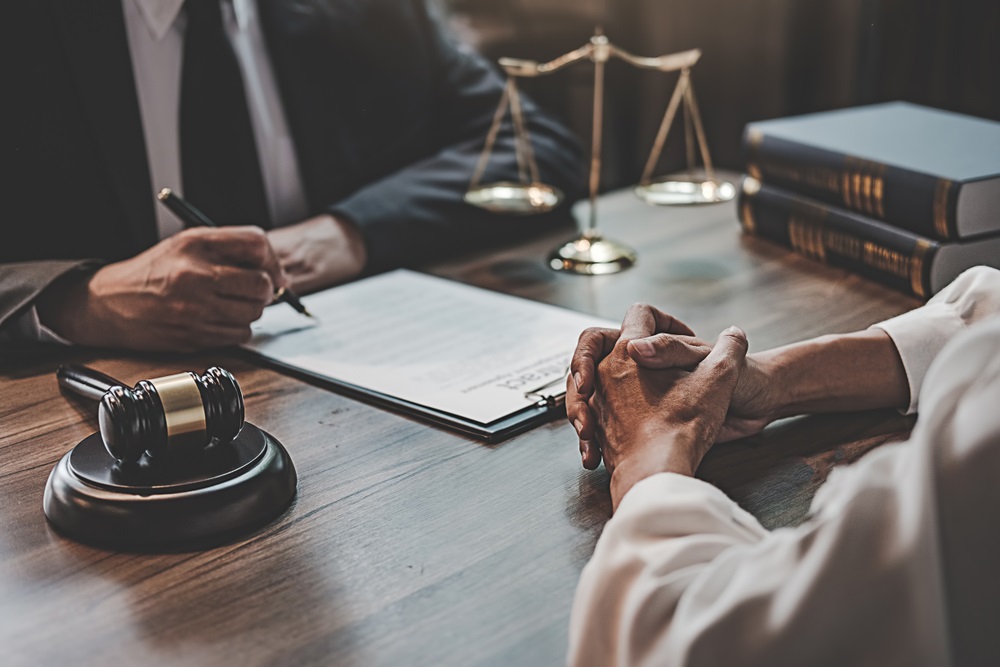In the complex and intricate realm of legal proceedings, the role of defense lawyers is paramount. They serve as advocates for individuals accused of various offenses, navigating the labyrinth of the legal system to ensure that their clients receive a fair trial and are protected from unjust prosecution. One specific category within the realm of defense attorneys is the no-fault defense lawyer. This specialized legal professional plays a crucial role in cases where the concept of “no-fault” comes into play, often found in personal injury and insurance-related matters.
Understanding No-Fault Doctrine
Before delving into the intricacies of a no-fault defense lawyer, it is essential to grasp the concept of no-fault doctrine. The no-fault principle emerged primarily in automobile insurance and personal injury claims. It implies that when an accident occurs, each party involved is compensated for their damages and losses by their insurance company, regardless of who is at fault for the accident. This doctrine aims to streamline the claims process, reduce the burden on courts, and ensure that injured parties receive compensation promptly without waiting for prolonged legal battles to establish fault.
The Role of No-Fault Defense Lawyers
No-fault defense lawyers are legal professionals who specialize in representing clients, often insurance companies, in cases where the no-fault doctrine is at play. Their role revolves around several key functions, each crucial to the success of their client’s circumstances:
Legal Expertise
No-fault defense lawyers deeply understand relevant laws, regulations, and court decisions pertaining to no-fault claims. They are well-versed in the nuances of no-fault statutes and have a comprehensive grasp of the legal intricacies involved in such cases.
Case Assessment
These lawyers carefully evaluate the circumstances of the case to determine whether the no-fault doctrine is applicable and whether their client’s position is defensible. It involves scrutinizing medical records, accident reports, and other relevant evidence to build a solid defense strategy.
Negotiation and Settlement
A significant portion of no-fault cases never make it to court. Instead, a skilled no-fault defense lawyer negotiates with opposing parties and their legal representatives to reach favorable client settlements. It involves advocating for fair compensation while considering the intricacies of no-fault laws.
Litigation
In cases that proceed to court, a no-fault defense lawyer is responsible for crafting a compelling defense strategy and presenting it before a judge or jury. They cross-examine witnesses, present evidence, and make legal arguments to demonstrate that their client’s position is consistent with the no-fault doctrine and applicable laws.
Conclusion
In the intricate web of legal proceedings, no-fault defense lawyers stand as stalwarts of justice, representing insurance companies and advocating for the application of no-fault doctrine. Their role is multifaceted, involving legal expertise, negotiation skills, and a deep understanding of the law and human elements involved in personal injury cases. As they navigate the complexities of no-fault claims, these lawyers contribute to the efficiency of legal processes, access to justice, and the fair application of the no-fault doctrine. Despite their challenges, their presence is vital for maintaining the balance between the rights of individuals seeking compensation and the integrity of insurance systems.

